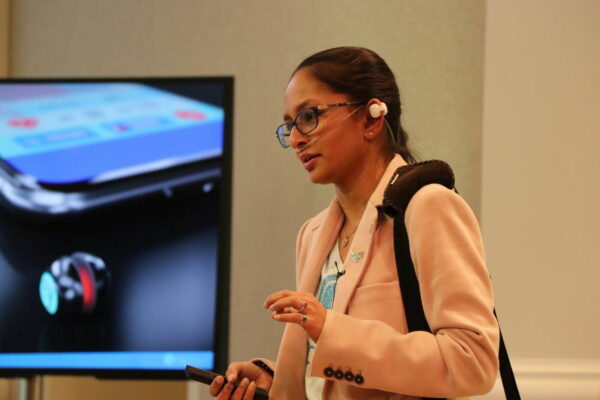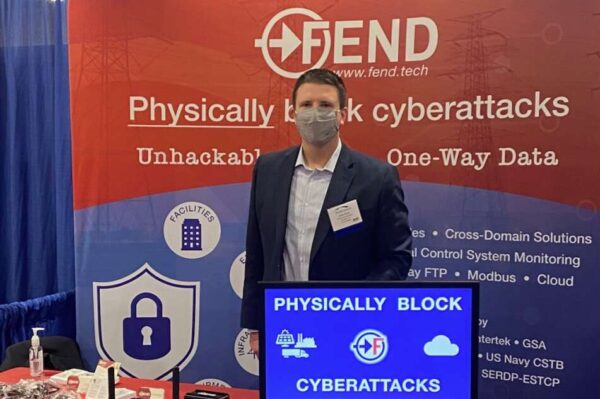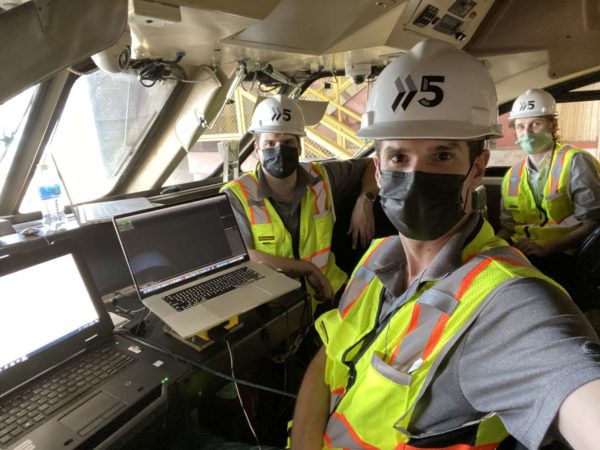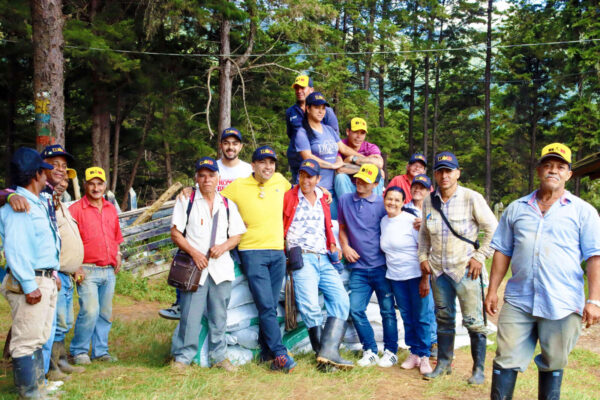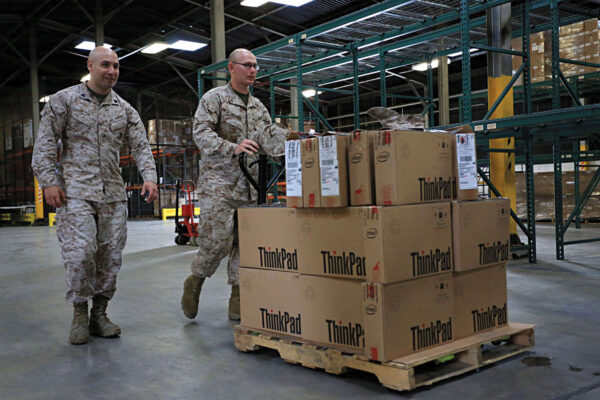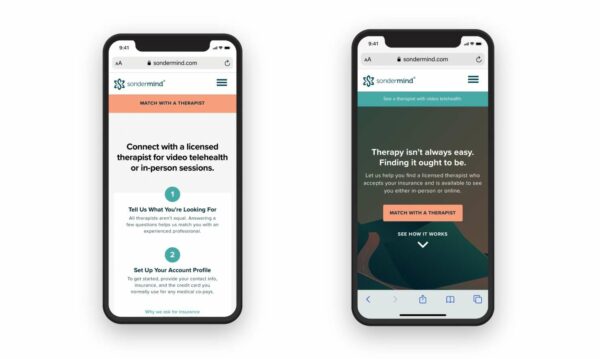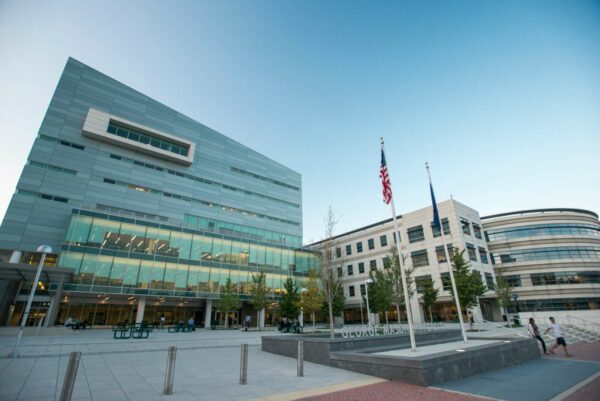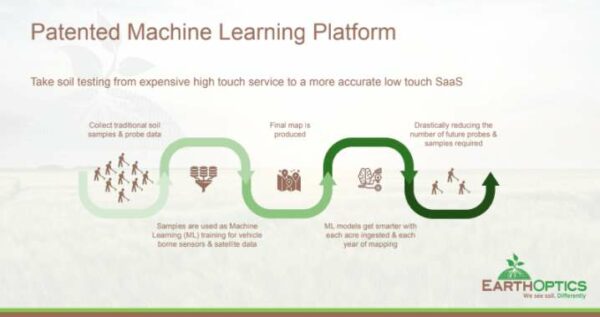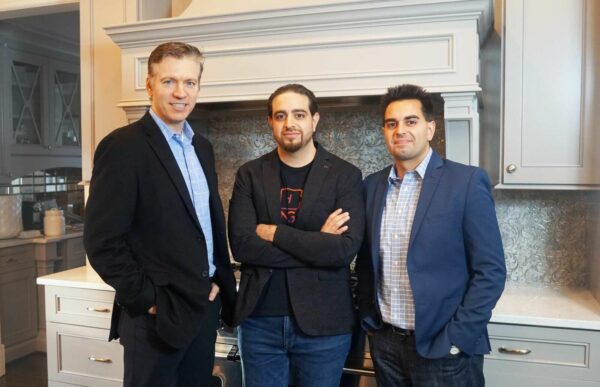Sponsored by Monday Properties and written by ARLnow, Startup Monday is a weekly column that profiles Arlington-based startups, founders, and other local technology news. Monday Properties is proudly featuring 1812 N. Moore Street in Rosslyn.
VOICE Summit 2021, a conference highlighting the latest in artificial intelligence and voice technology, will kick off this evening in Crystal City.
Thousands of technology specialists, marketers and representatives from leading brands are expected to attend the event, which ends Wednesday evening. It is hosted by Modev, a Ballston-based company exploring the future of voice controls.
The event will highlight innovations in the retail, healthcare, travel and entertainment industries driven by conversational AI. It will focus on how tech companies can enhance customer experience and meet growing consumer demands and heightening expectations for conversational technology, like Amazon Alexa or Google Assistant.
For the first time, the local startup’s conference, now in its fourth year, will be held in Arlington. VOICE 2018 and 2019 were both held in Newark, New Jersey and together attracted some 7,000 attendees. The conference was held virtually in 2020 due to the pandemic.
“We’re excited to bring the event to Arlington, Va. and to gather industry back together,” Modev CEO and founder Pete Erickson said in a statement. “Conversational AI has evolved a lot since the start of the pandemic and is now a core component of an overall general business and marketing strategy for brands and enterprises. Large investments are being made across industries to capitalize on voice driven strategy, and companies are committed to enhancing the customer experience.”
Modev says VOICE Summit is the industry’s flagship event, capable of shaping the future of voice technology, AI and “ambient computing,” or any computer activity so deeply integrated into daily life that humans don’t realize they’re using computers.

This is the first major tech event to relocate to National Landing — collectively, the Crystal City, Pentagon City and Potomac Yard neighborhoods — since Amazon announced it would build its second headquarters in Arlington in 2018, according to Arlington Economic Development.
The two-day event will be virtual and in-person at the Renaissance Arlington Capital View Hotel (2800 S. Potomac Ave). The event will feature keynotes, fireside chats, panels and breakout “conversations” that allow the audience to play an active role in the discussion.
Attendees will hear keynote speeches from Silicon Valley startup founders and tech leaders, including Rich Stern, the CEO of Tune-In; Andi Huels, the head of AI at Lenovo; and Audrey Arbeeny, a two-time Emmy Award winner and creator of sounds for the world’s top brands.
“We look forward to bringing leaders together to discuss this shift and helping them chart a path to success in the new year,” Erickson said.
Smart voice assistants Amazon Alexa and Google Assistant are the event’s top sponsors.
Founded in 2008, today, Modev also produces the VOICE Global event, presented by Google Assistant, and the award-winning VOICE Talks internet talk show.



